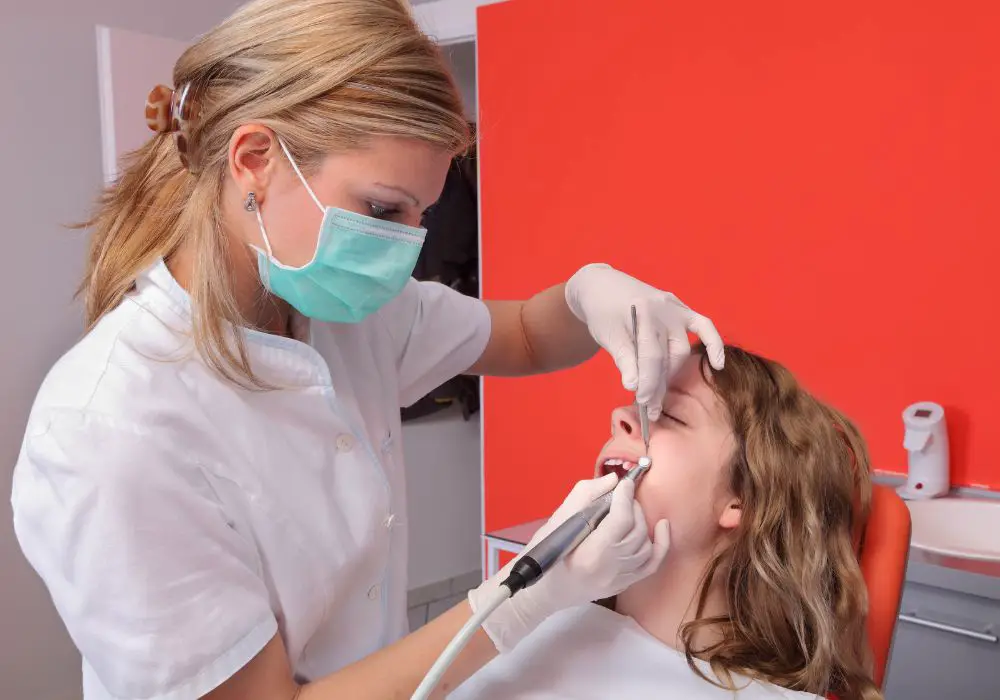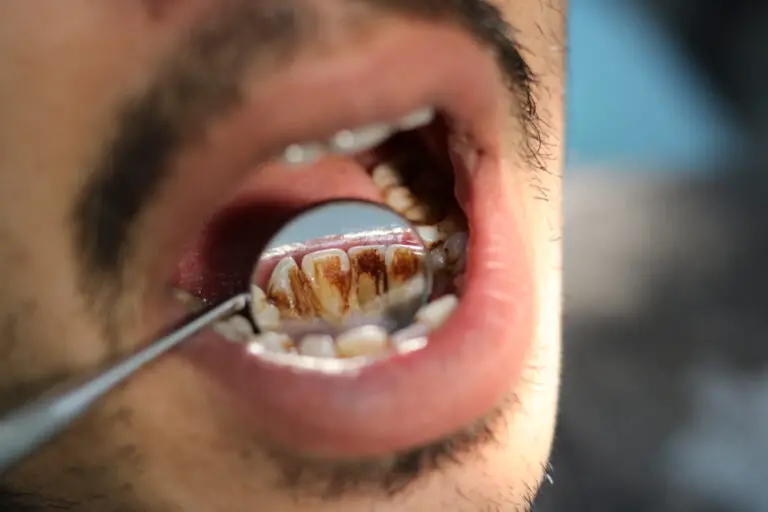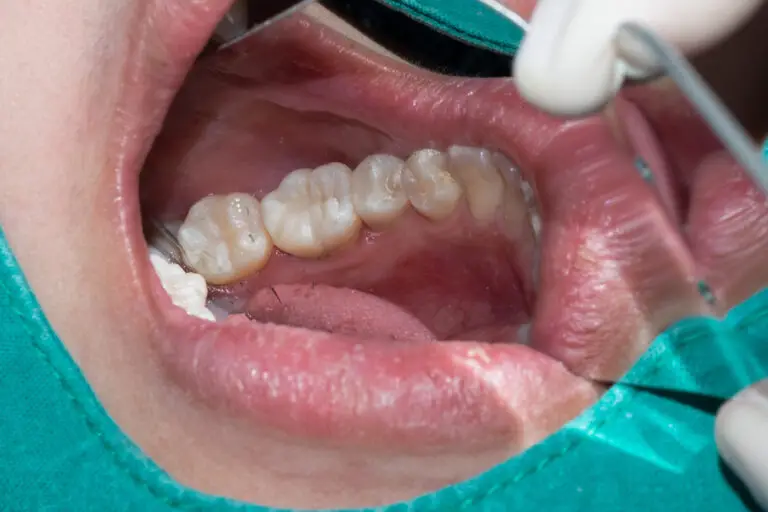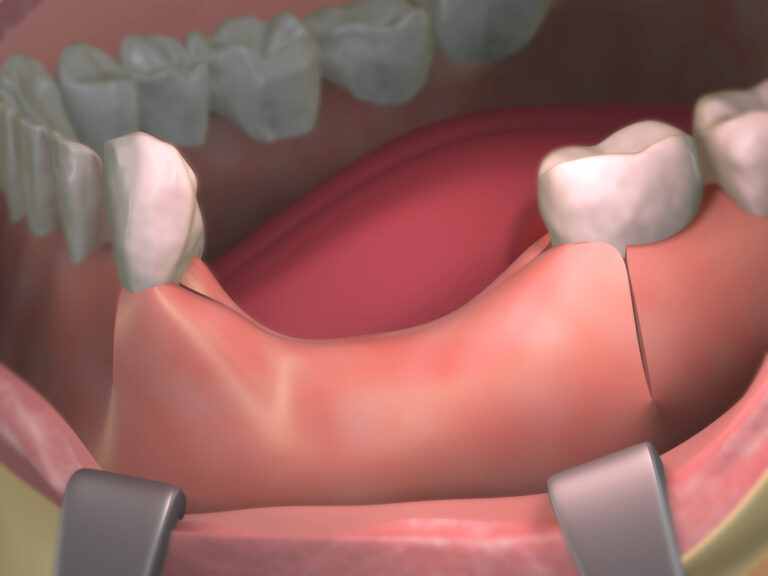If you’re experiencing severe tooth pain or damage, you may be wondering if a dentist can remove your tooth in an emergency appointment. The answer is yes, in many cases a dentist can perform an emergency tooth extraction to alleviate your pain and prevent further damage.
Emergency tooth extractions may be necessary for a variety of reasons, including trauma to the tooth, severe decay, or infection. If you’re experiencing any of these issues, it’s important to seek prompt dental care to prevent further complications. In some cases, waiting too long to seek treatment can result in the need for more extensive and costly procedures down the line.
While emergency tooth extractions may sound daunting, rest assured that dentists are trained to perform these procedures safely and effectively. Your dentist will carefully evaluate your situation and develop a treatment plan that meets your specific needs. With prompt care, you can get relief from your tooth pain and get back to your daily routine.
Understanding Dental Emergencies

If you experience sudden pain or discomfort in your mouth, it can be a sign of a dental emergency. In some cases, you may need to see a dentist immediately to prevent further damage or infection. Understanding dental emergencies can help you identify when you need to seek emergency dental care.
Common Dental Emergencies
Here are some of the most common dental emergencies that require immediate attention:
- Toothache: A severe toothache can be a sign of an infection or abscess and requires prompt treatment to prevent the spread of infection.
- Broken or chipped tooth: If you break or chip a tooth, it can cause sharp edges that can cut your mouth or tongue. Additionally, it can expose the inner layers of your tooth, leading to sensitivity and pain.
- Knocked-out tooth: A knocked-out tooth is a dental emergency that requires immediate attention. If you can find the tooth, rinse it off and try to reinsert it into the socket. If that’s not possible, place the tooth in milk or saliva and see a dentist immediately.
- Lost filling or crown: If you lose a filling or crown, it can expose the inner layers of your tooth, leading to sensitivity and pain. It can also make your tooth more vulnerable to damage or infection.
Identifying Dental Emergencies
Not all dental problems require immediate attention. Here are some signs that you may be experiencing a dental emergency:
- Severe pain: If you’re experiencing severe pain that doesn’t go away with over-the-counter pain medication, it could be a sign of a dental emergency.
- Bleeding: If you’re bleeding from your mouth and can’t stop it, it could be a sign of a dental emergency.
- Swelling: If you’re experiencing swelling in your mouth or face, it could be a sign of an infection or abscess.
- Difficulty eating or speaking: If you’re having difficulty eating or speaking due to pain or discomfort in your mouth, it could be a sign of a dental emergency.
If you’re experiencing any of these symptoms, it’s important to seek emergency dental care as soon as possible. Your dentist can help alleviate your pain and prevent further damage or infection to your teeth and gums.
Role of a Dentist in Emergencies
When you experience a dental emergency, a dentist plays a crucial role in providing immediate care and relief. Dental emergencies can range from severe toothache to a knocked-out tooth or a broken dental restoration. In any case, it is important to seek professional help as soon as possible.
During an emergency appointment, the dentist will perform a thorough evaluation of your dental condition to determine the appropriate treatment. They may take X-rays or perform other diagnostic tests to get a better view of the affected area. Based on the severity of the problem, the dentist will recommend the best course of action.
In some cases, the dentist may need to extract a tooth to alleviate pain or prevent further damage. This is typically done as a last resort when other treatments are not effective. During the extraction procedure, the dentist will numb the area around the tooth and use specialized tools to remove it. They may also prescribe pain medication or antibiotics to help manage any discomfort or prevent infection.
It is important to note that not all dental emergencies require tooth extraction. In fact, many can be treated with other methods such as root canal therapy, fillings, or crowns. Your dentist will determine the most appropriate treatment based on your specific needs.
In addition to providing immediate treatment, a dentist can also offer advice and guidance on how to prevent future dental emergencies. This may include tips on maintaining good oral hygiene, avoiding certain foods or activities that can damage your teeth, and scheduling regular dental check-ups to catch any potential problems early on.
Overall, a dentist plays a critical role in managing dental emergencies and helping to restore your oral health. By seeking prompt professional care, you can alleviate pain, prevent further damage, and get back to enjoying a healthy, happy smile.
Tooth Extraction in Emergency Appointment

If you are experiencing severe tooth pain or a dental emergency, you may need to have a tooth extraction done during an emergency appointment. Here are some things you should know about this procedure.
Procedure of Tooth Extraction
During an emergency tooth extraction, the dentist will numb the area around the tooth with a local anesthetic. Then, they will use specialized tools to loosen the tooth and remove it from the socket. The procedure usually takes about 20-40 minutes, depending on the complexity of the extraction.
After the tooth is removed, the dentist will place gauze over the socket to help stop any bleeding. You may be given instructions on how to care for the extraction site, such as avoiding certain foods and activities. It is important to follow these instructions carefully to prevent complications.
Possible Complications
As with any dental procedure, there are some possible complications that can occur during or after an emergency tooth extraction. These can include:
- Pain or swelling in the extraction site
- Bleeding that doesn’t stop after a few hours
- Infection in the socket
- Damage to nearby teeth or gums
- Numbness or tingling in the lips, tongue, or chin
If you experience any of these complications, it is important to contact your dentist right away. They may need to prescribe medication or perform additional procedures to address the issue.
Overall, a tooth extraction during an emergency appointment can be a quick and effective way to relieve severe tooth pain or address other dental emergencies. However, it is important to carefully follow your dentist’s instructions and watch for any signs of complications.
Preventing Dental Emergencies
Dental emergencies are often painful and can be costly to treat. However, many dental emergencies can be prevented by taking care of your teeth and gums. Here are some tips to help you prevent dental emergencies:
Regular Dental Check-ups
Regular dental check-ups are essential for maintaining good oral health and preventing dental emergencies. During a dental check-up, your dentist will examine your teeth and gums for signs of decay, gum disease, and other dental problems. Your dentist may also take x-rays to check for problems that are not visible to the naked eye.
By visiting your dentist regularly, you can catch dental problems early and prevent them from becoming more serious. Your dentist can also give you advice on how to take care of your teeth and gums at home.
Good Oral Hygiene Practices
Good oral hygiene practices can also help prevent dental emergencies. Here are some tips to help you maintain good oral hygiene:
- Brush your teeth twice a day with fluoride toothpaste
- Floss your teeth at least once a day
- Use mouthwash to kill bacteria and freshen your breath
- Avoid sugary and acidic foods and drinks
- Chew sugar-free gum to stimulate saliva production and help neutralize acids in your mouth
By following these tips and taking care of your teeth and gums, you can reduce your risk of dental emergencies and maintain good oral health.
Post Extraction Care

After a tooth extraction, it’s essential to take care of the extraction site to avoid complications and promote healing. This section will cover the immediate aftercare and long-term care of the extraction site.
Immediate Aftercare
Immediately after the tooth extraction, your dentist will place a gauze pad on the extraction site to control bleeding. Bite down on the gauze pad for 30-45 minutes, and replace it with a new one if necessary. Avoid spitting, rinsing, or touching the extraction site for at least 24 hours after the extraction. Doing so can dislodge the blood clot and delay healing.
To minimize swelling, apply an ice pack to the affected area for 10 minutes at a time, with 20-minute intervals in between. You can also take over-the-counter pain relievers such as ibuprofen or acetaminophen as directed by your dentist.
After 24 hours, you can rinse your mouth gently with warm saltwater to promote healing and reduce the risk of infection. Mix half a teaspoon of salt with eight ounces of warm water and swish it around your mouth for 30 seconds before spitting it out.
Long-term Care
After the first 24 hours, you can resume your oral hygiene routine, but be gentle around the extraction site. Brush your teeth twice a day and floss once a day, but avoid the extraction site for the first few days.
Eat soft foods such as soup, yogurt, and mashed potatoes for the first few days after the extraction. Avoid crunchy, spicy, and acidic foods that can irritate the extraction site. Gradually reintroduce solid foods as the extraction site heals.
If you experience any of the following symptoms, contact your dentist immediately:
- Severe pain that doesn’t improve with pain medication
- Excessive bleeding
- Swelling that worsens after a few days
- Fever or chills
- Nausea or vomiting
By following these post-extraction care instructions, you can promote healing and avoid complications.
Frequently Asked Questions
What will an emergency dentist do for tooth pain?
If you are experiencing tooth pain, an emergency dentist will first examine your mouth to determine the cause of the pain. Once the dentist has identified the problem, they may recommend treatment options such as a filling, root canal, or extraction.
Can a tooth be extracted during an emergency appointment?
Yes, an emergency dentist can extract a tooth if it is causing severe pain or if it is infected. However, if the tooth can be saved with other treatments, the dentist will likely recommend those options instead.
Will an emergency dentist remove a wisdom tooth?
If your wisdom tooth is causing severe pain or is infected, an emergency dentist may recommend extraction. However, if the wisdom tooth is not causing any problems, the dentist may recommend monitoring it or removing it at a later time.
How bad does a tooth need to be to be extracted?
A tooth may need to be extracted if it is severely decayed, infected, or damaged beyond repair. However, an emergency dentist will always try to save a tooth with other treatments before recommending extraction.
What is the cost of emergency tooth extraction without insurance?
The cost of emergency tooth extraction without insurance can vary depending on the complexity of the extraction and the location of the tooth. It is best to contact the emergency dentist’s office to get an estimate of the cost.
Are there free options for emergency tooth extraction?
There may be free or low-cost options for emergency tooth extraction, such as community health clinics or dental schools. It is important to research these options in your area and contact them to see if they offer emergency dental services.







